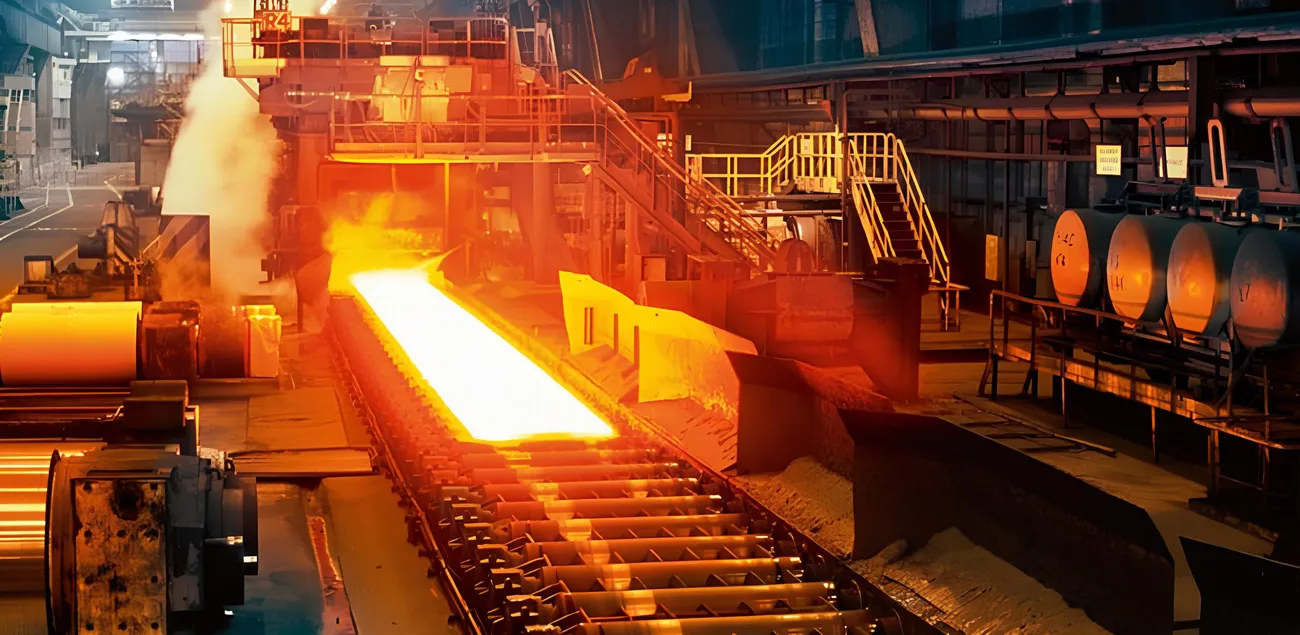
The government of Kazakhstan is implementing measures under its 2021 Law “On Industrial Policy” to boost domestic manufacturing by supplying local enterprises with raw materials at subsidized prices. This initiative has led to a significant increase in the processing of base metals, including a twofold rise in primary aluminum processing to 57,000 tonnes in 2024, according to Galymzhan Torebek, Deputy Chairman of the Industry Committee of the Ministry of Industry and Construction. The policy aims to reduce the country’s reliance on imports and develop a more robust domestic value chain for finished goods.
Policy Mechanism and Strategic Goals
The core of the government’s strategy is to ensure domestic manufacturers have access to key raw materials at prices set at a discount of up to 5% below the benchmark prices on the London Metal Exchange. This mechanism is designed to support the competitiveness of local industries and encourage further investment in downstream processing. The government has identified 30 specific projects that are benefiting from this raw material provision, contributing to a substantial increase in the output of finished goods.
This policy represents a strategic shift for Kazakhstan, a nation historically focused on the export of raw mineral resources. By incentivizing local processing, the government seeks to capture more value from its natural resource wealth and build a more resilient and diversified industrial economy.
Production Growth Across Key Metals
The measures have yielded tangible results across several key industrial metals:
- Aluminum: Primary aluminum processing doubled in 2024 to 57,000 tonnes. The government has set ambitious targets to increase this volume to 93,000 tonnes in 2025 and further to 163,000 tonnes by 2029.
- Copper: Domestic copper processing reached 13,200 tonnes in 2024, with raw materials being supplied to 16 domestic enterprises. The government projects a nearly sevenfold increase in processing to 91,000 tonnes by 2029. This growth is expected to drive a 31% rise in the production of copper wires and transformer parts, and a 29% increase in wire rod and rolled products.
- Zinc: Domestic zinc processing reached 3,600 tonnes in 2024, a 55% increase compared to 2021 levels. This is expected to support the growth of industries producing zinc-based products such as door and window fittings and road safety fences.
- Lead: In 2024, the government ensured the supply of 36,000 tonnes of lead to Kainar AKB LLP for battery production and 5,000 tonnes to Asma Industrial LLP for other industrial uses.
Industrial Metals Overview
Aluminum, copper, zinc, and lead are foundational metals for modern industrial economies. They are essential inputs for construction, energy infrastructure (including electrical wiring, transformers, and renewable energy components), transportation (automotive parts and batteries), and a wide range of consumer and industrial goods. By fostering a domestic processing industry for these metals, Kazakhstan aims to meet its own growing market needs, create industrial employment, and reduce its economic vulnerability to global supply chain fluctuations.
Company Background and Market Context
The Ministry of Industry and Construction of the Republic of Kazakhstan is the central government body responsible for implementing the country’s industrial policy. The Industry Committee, represented by Mr. Torebek, oversees the development of the manufacturing sector and ensures the execution of state directives aimed at industrial diversification.
Kainar AKB LLP is a key domestic consumer of lead and a major battery manufacturer in Kazakhstan. The provision of lead under the government’s policy directly supports the country’s automotive and industrial battery production, illustrating the link between raw material access and downstream manufacturing.



